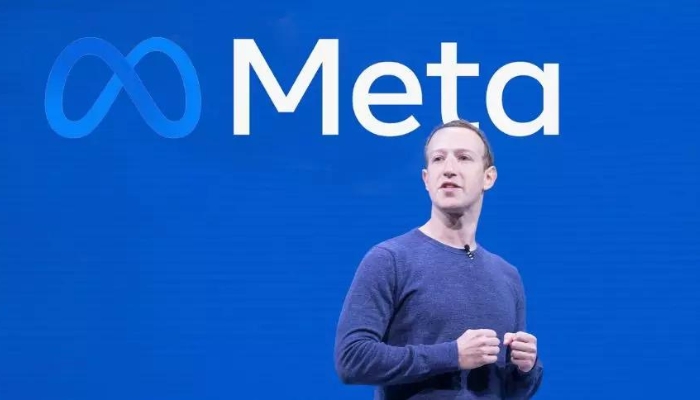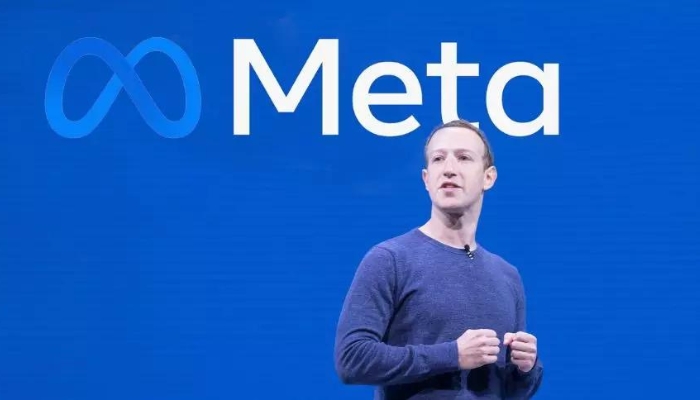Meta Quest 3: VR and Mixed Reality Merge
Anúncios
Meta, formerly known as Facebook, is pushing the boundaries of mixed reality with its latest offering, the Meta Quest 3. CEO Mark Zuckerberg introduced this groundbreaking headset during the virtual Meta Connect event. Priced at $500, the Quest 3 represents a significant leap forward from its predecessors in terms of performance, mixed-reality features, and design.
Key features of the Quest 3 include a more powerful processor, a higher-resolution display, redesigned Touch Plus controllers, and a sleeker, 40% slimmer body. While the Meta Quest 2 focused solely on virtual reality, and the Meta Quest Pro offered advanced passthrough cameras, the Quest 3 stands out by introducing support for Meta Reality. This enables users to enjoy mixed-reality experiences that seamlessly blend the virtual and real worlds. For example, you can play a virtual piano on your coffee table, and digital objects can interact with physical ones.

Meta’s extensive virtual library is accessible with the Quest 3, offering experiences like VR-friendly Roblox and upcoming support for Xbox cloud gaming. The headset is available for pre-order in two storage options (128GB and 512GB) and will be officially released on October 10.
The Quest 3 is positioned as the “first mainstream mixed reality headset” by Zuckerberg, signaling a rivalry with tech giant Apple, which recently announced the Apple Vision Pro priced at $3,499. While both companies compete fiercely, they share a vision of a next-generation internet where users can interact in virtual spaces resembling real life. However, the Quest 3 is notably more affordable and primarily offers a VR experience with mixed reality features, whereas Apple’s product is a dedicated mixed reality headset.
To preempt Apple’s Vision Pro announcement in June, Meta strategically teased the Quest 3. This move exemplifies the ongoing competition and tension between the two companies, which have clashed over various tech and privacy-related issues.
Despite Meta’s dominance in the headset market, it has struggled to attract a mainstream audience for its VR products. With just 200,000 active users reported in Horizon Worlds, its social VR app, and the broader AR/VR headset market estimated to ship only 10.1 million units globally in 2023, consumer adoption remains a challenge.
As the battle between tech giants unfolds, the real challenge lies in convincing the general public of the practicality and value of mixed-reality headsets. Both Meta and Apple must demonstrate a wide range of compelling use cases and experiences to win over consumers.
In addition to the Quest 3, Meta’s Meta Connect conference showcased its advancements in AI, including AI-assisted image editing on Instagram, AI chatbots, and Meta AI, a conversational assistant. The integration of Meta AI with smart glasses promises enhanced audio and camera capabilities, an extended charging case, a sleeker design, and hands-free livestreaming to Facebook and Instagram.
Meta’s smart glasses start at $299 and can be preordered, signaling the company’s commitment to expanding its mixed-reality ecosystem.






